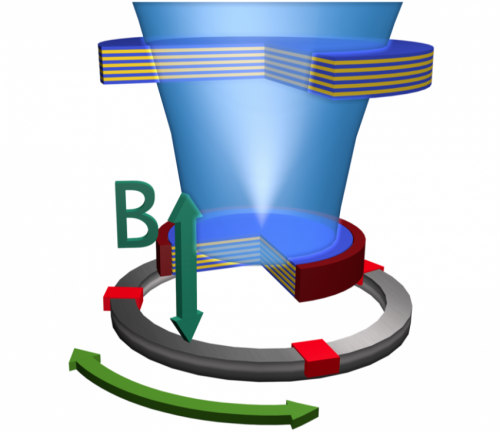July 7, 2014 report
Best of Last Week – Science that stumped Einstein, revising human timeline and a simple way to reduce pancreatic cancers

(Phys.org) —For 112 years, the best minds in science haven't been able to fully understand how superconductors do what they do. Last week, Louise Lerner of Argonne National Laboratory, published an article reminding everyone of the science that stumped Einstein, suggesting that perhaps it's time someone figured it out. In other physics news, a team of researchers reported: Remote quantum applications, teleportation enabled by calling long distance between superconducting qubits. They've developed a way to allow superconducting quantum chips to communicate with each other over large distances—through an optical fiber cable, which should, they claim, allow for quantum entanglement or teleportation.
Biology was big last week as scientists revised the timeline of human origins—a team of researchers has found evidence that suggests that perhaps some of the traits we define as uniquely human developed at different times, rather than all together during one period as has been thought. Another team wondered which happened first: Did sounds form words, or words form sentences? They've found evidence (by studying animals) that suggests early humans developed syntax before phonemes (distinct sounds that differentiate words from one another). And yet another team has unveiled what may be the core of our existence as the evolution of life's operating system is revealed in detail—they've shed light on many new aspects of the evolution of the ribosome—the large molecular structure common to all cell species.
On the medical front really big news from Cancer Research UK—Four in 10 pancreatic cancers could be prevented by lifestyle changes. If people would only maintain a healthy weight, quit smoking and maybe get some exercise, the researchers report, they'd drastically reduce their chance of getting one of the most deadly types of cancer.
It was a pretty good week for technology development as well. A team of researchers built a biological robot and showed muscle-powered bio-bots walk on command. The bots were propelled by muscle cells zapped with an electric current. Also Cubify announced Ekocycle 3D printer uses recycled plastic bottles as component in filament cartridges—Entertainer Will.i.am is pushing the idea of making recycling "cool."
And finally, food for thought as a team has found that having something to do is better than being alone with their thoughts for most people. Turns out, people don't do well when left to sit and ponder—they don't like it. They'd much rather have something to do, even if it means hurting themselves.
© 2014 Phys.org





















